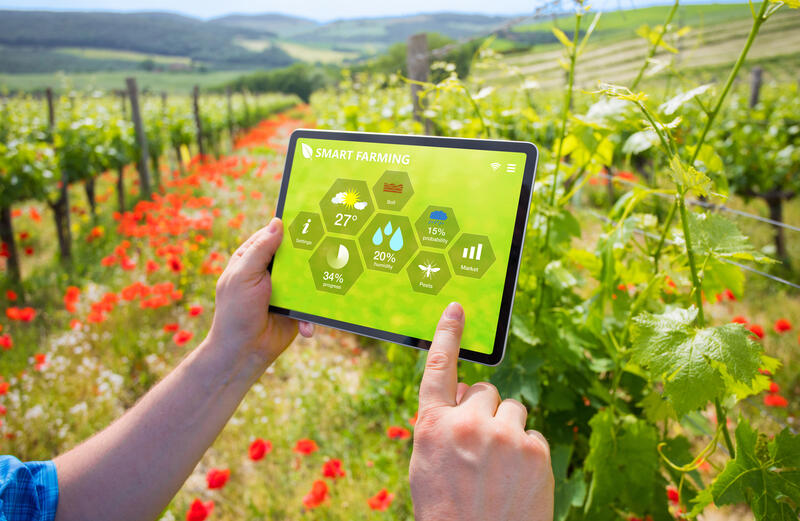Africa’s agricultural sector is the backbone of many economies, providing livelihoods for millions of people. However, the sector faces numerous challenges, including limited access to information, inadequate technology adoption, and poor market linkages. Digital extension services have emerged as a promising solution to address these challenges and promote agricultural development in Africa. This article explores the role of digital extension in promoting agricultural development in Africa, highlighting its benefits, challenges, and future prospects.
What is Digital Extension?
Digital extension refers to the use of digital technologies, such as mobile phones, computers, and the internet, to provide agricultural extension services to farmers. These services include information dissemination, advisory services, training, and market linkages. Digital extension platforms leverage various tools, including mobile apps, SMS, voice messages, and video conferencing, to reach a large number of farmers, particularly smallholder farmers who are often marginalized from traditional extension services.
Benefits of Digital Extension in Africa
- Increased Access to Information: Digital extension services provide farmers with timely and relevant information on agricultural practices, market trends, and weather forecasts. This enables farmers to make informed decisions, improve their productivity, and increase their incomes.
- Improved Advisory Services: Digital extension platforms offer personalized advisory services, allowing farmers to receive tailored advice on crop management, soil health, and pest control. This helps farmers to address specific challenges and improve their farming practices.
- Enhanced Market Linkages: Digital extension services connect farmers to markets, enabling them to sell their produce at better prices. This reduces transaction costs, improves market efficiency, and increases farmers’ incomes.
- Cost-Effective: Digital extension services are cost-effective compared to traditional extension services, which often require significant investments in infrastructure, personnel, and logistics.
- Scalability: Digital extension platforms can reach a large number of farmers, including those in remote and hard-to-reach areas, making it a scalable solution for agricultural development in Africa.
Examples of Digital Extension Initiatives in Africa
- M-Farm (Kenya): M-Farm is a mobile-based platform that provides farmers with market information, weather forecasts, and agricultural advice.
- Esoko (Ghana): Esoko is a digital platform that offers market information, price alerts, and agricultural advice to farmers.
- FarmDrive (Kenya): FarmDrive is a digital platform that uses satellite data and machine learning to provide farmers with personalized agricultural advice and market linkages.
- Hello Tractor (Nigeria): Hello Tractor is a digital platform that connects farmers to tractor services, improving mechanization and reducing labor costs.
Challenges and Limitations
- Infrastructure: Limited access to digital infrastructure, such as mobile networks and internet connectivity, hinders the adoption of digital extension services in Africa.
- Digital Literacy: Low digital literacy among farmers, particularly smallholder farmers, limits their ability to use digital extension services effectively.
- Content Relevance: Digital extension services require context-specific and relevant content to be effective, which can be a challenge in diverse African contexts.
- Sustainability: Digital extension services require sustainable business models to ensure their long-term viability and impact.
Future Prospects
- Integration with Other Technologies: Digital extension services can be integrated with other technologies, such as precision agriculture, drones, and artificial intelligence, to improve their effectiveness.
- Increased Investment: Governments, private sector, and development organizations are investing in digital extension services, recognizing their potential to transform African agriculture.
- Partnerships and Collaborations: Partnerships between digital extension service providers, governments, and farmer organizations can enhance the reach and impact of these services.
- Capacity Building: Building the capacity of farmers, extension agents, and other stakeholders is crucial for the effective adoption and use of digital extension services.
Conclusion
Digital extension services have the potential to transform African agriculture by providing farmers with timely and relevant information, advisory services, and market linkages. While challenges and limitations exist, the benefits of digital extension services are significant, and their future prospects are promising. As Africa continues to invest in digital technologies, digital extension services are likely to play an increasingly important role in promoting agricultural development and improving the livelihoods of millions of farmers.

